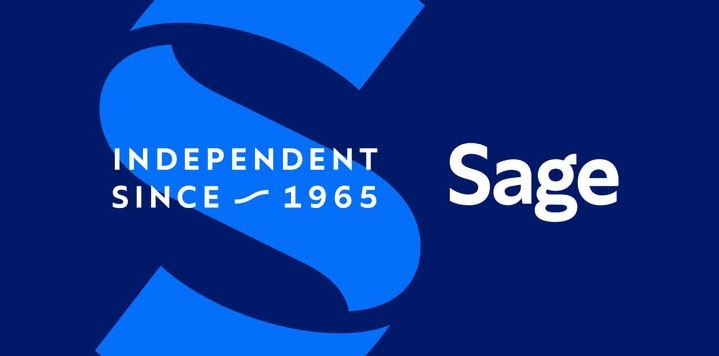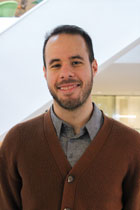A social science researcher at the World Hydrogen Summit: Critical reflections
 Hydrogen is trending globally but is also contentious. Touted as the ‘fuel of the future’, it can help to decarbonise large swaths of the economy. Yet, hydrogen's speculative rush unfolds amid asymmetrical power geographies, prospects of green extractivism and socio-environmental injustices. These tendencies come vividly to the fore at the World Hydrogen Summit (WHS), the world's largest dedicated event for hydrogen energy, held annually in Rotterdam, the Netherlands. In this Contention article, I draw on my attendance and impressions at the 2025 WHS to critically reflect on how hydrogen futures are performed, staged and spectacularised. Considering the Summit's discursive and aesthetic structures, I interrogate the (geo)politics and spatial-material representations of hydrogen, the power relations at stake and equity and justice implications. I contend that the WHS epitomises and further reinforces the uneven power geographies of hydrogen, marked by inequitable global economic structures, spatial differentiation, exclusions and fossil capitalism's lock-ins. The article contributes to the burgeoning field of critical hydrogen studies.
Hydrogen is trending globally but is also contentious. Touted as the ‘fuel of the future’, it can help to decarbonise large swaths of the economy. Yet, hydrogen's speculative rush unfolds amid asymmetrical power geographies, prospects of green extractivism and socio-environmental injustices. These tendencies come vividly to the fore at the World Hydrogen Summit (WHS), the world's largest dedicated event for hydrogen energy, held annually in Rotterdam, the Netherlands. In this Contention article, I draw on my attendance and impressions at the 2025 WHS to critically reflect on how hydrogen futures are performed, staged and spectacularised. Considering the Summit's discursive and aesthetic structures, I interrogate the (geo)politics and spatial-material representations of hydrogen, the power relations at stake and equity and justice implications. I contend that the WHS epitomises and further reinforces the uneven power geographies of hydrogen, marked by inequitable global economic structures, spatial differentiation, exclusions and fossil capitalism's lock-ins. The article contributes to the burgeoning field of critical hydrogen studies.
Read the full article here.
Author(s) / editor(s)
About the author(s) / editor(s)
 Eric Cezne is a Postdoctoral Researcher at the ASCL, working on the political geographies of energy transitions and decarbonisation in Africa (especially in the realm of green hydrogen). More broadly, his research interests include Africa’s South–South relations, infrastructure politics, the extractive industries, Lusophone Africa, and the BRICS group.
Eric Cezne is a Postdoctoral Researcher at the ASCL, working on the political geographies of energy transitions and decarbonisation in Africa (especially in the realm of green hydrogen). More broadly, his research interests include Africa’s South–South relations, infrastructure politics, the extractive industries, Lusophone Africa, and the BRICS group.

